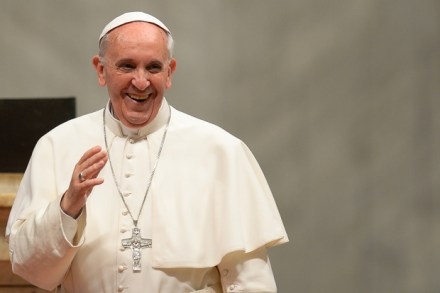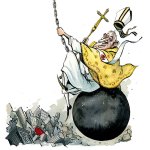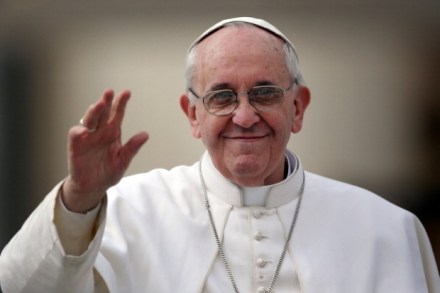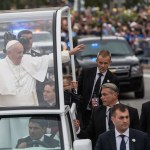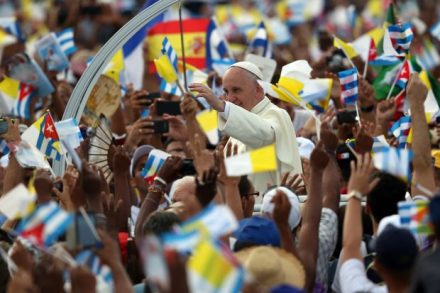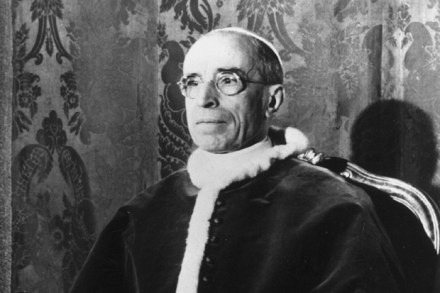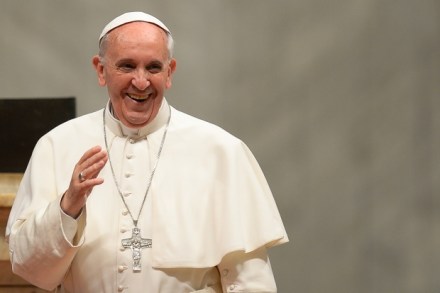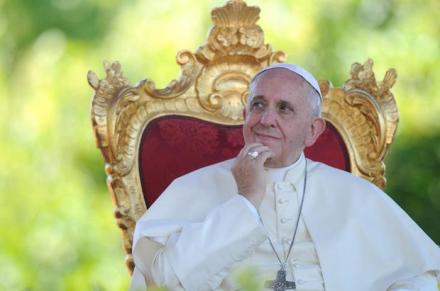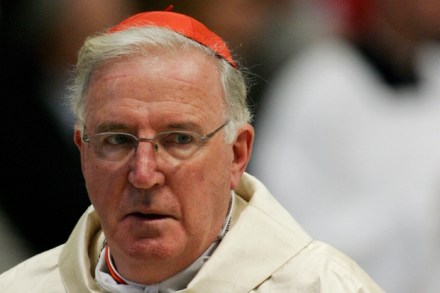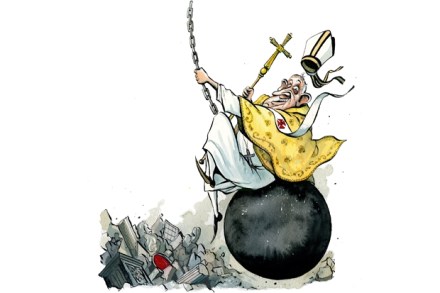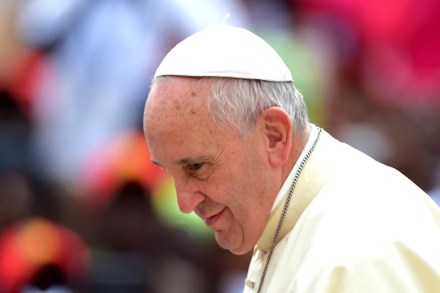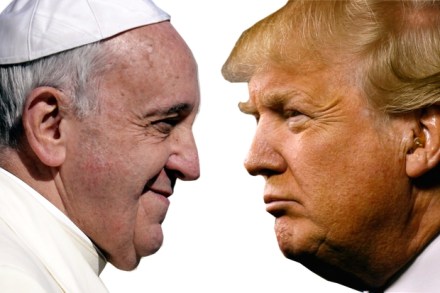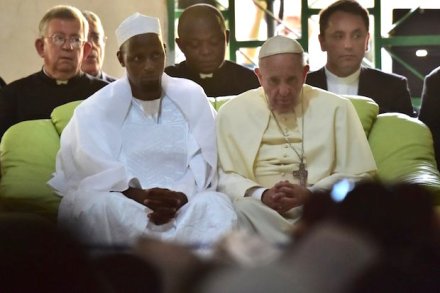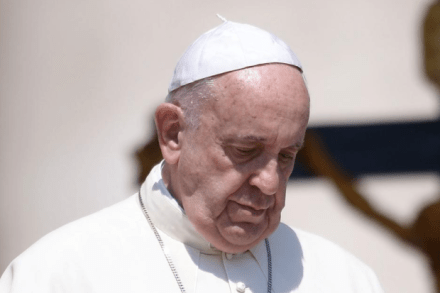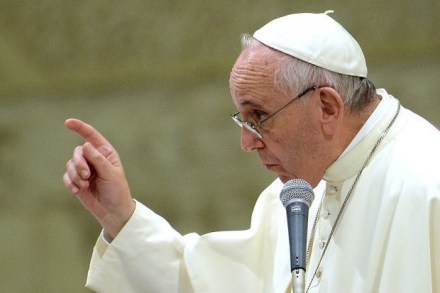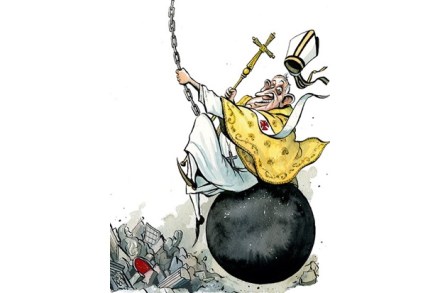Pope seizes power from the Knights of Malta, brutally ending 900 years of their sovereignty
The Knights of Malta – an ancient Catholic order that dates back to the crusades – have enjoyed the privileges of a sovereign state for 900 years. Last night the Order of Malta was effectively stripped of its sovereignty in what appears to be a brutal power-grab by the Vatican. Pope Francis has demanded and received the resignation of the Grand Master, Fra’ Matthew Festing, a devoutly orthodox Englishman of (even his critics agree) unimpeachable orthodoxy and personal morality. The Vatican has now taken charge of the order while the knights search for a grand master acceptable to Francis. Canon lawyer Dr Edward Condon this morning tweeted out the reaction of many Catholics: In terms of international law, the
